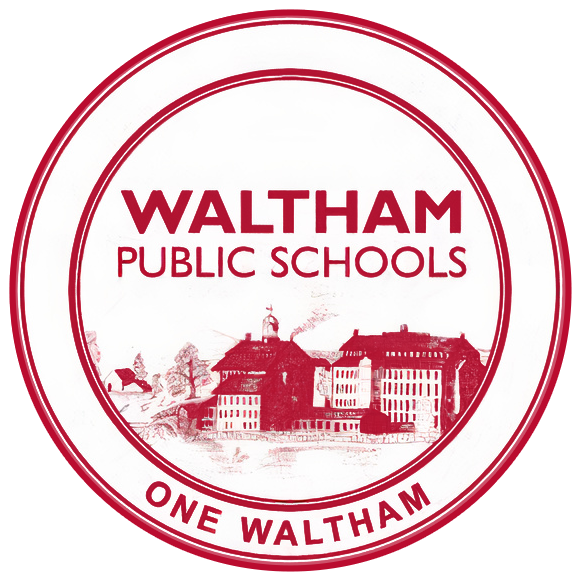WHS ESL 4 Curriculum Guide
Grades 9-12 College Prep 2.5 credits
Narrative: This course is designed for ESL students at the expanding level of English proficiency. Students enrolled in ESL 4 will also take grade-level standard curriculum English classes. This course focuses on mastering listening, speaking, reading and writing skills. Students are expected to continue to read increasingly complex fiction and nonfiction text while they develop their individual voice to improve their writing of text types aligned to the expectations of the Massachusetts Curriculum Frameworks including argument essays, creative papers, research projects with Works Cited, on demand timed written essays as well as other formative and summative assessments. In line with the school’s focus on Project Based Learning, students will complete curriculum embedded performance assessments and a final project. Prerequisite: Completion of ESL 3 or equivalent assessment or teacher recommendation.
Unit | Timeframe | Big Ideas (Statements or Essential Questions) | Major Learning Experiences from Unit |
|---|---|---|---|
Our Stories | August-October |
| Students read identity narratives from the book Tell Me Who You Are and then write their own identity narrative. Students will be able to:
|
Untold Stories | November-December |
| Students choose a research topic related to untold stories and marginalized voices. They go through the steps of writing a research paper, citing their information in an academic way. Students will be able to
|
Two Sides to the Story | January-February |
| Students choose a debate topic and learn about both sides of the issue. They create a podcast or video that explains the information on both sides and then support their own position on the issue with evidence. Students will be able to
|
Market Yourself! | March |
| Students identify goals for college and career. They review the grammar structures necessary for talking about their experiences. In addition, they review the differences between formal and informal language for different audiences. Then they “market” their skills through a written resume, an oral interview, and a formal letter (email) of introduction. Students will be able to
|
Rhetoric Project | April |
| Students research an issue or topic that is important to them. They write about and orally inform their classmates about this topic. They also make a proposal for how this issue can be solved and prepare an editorial or speech for people responsible for the issue.
Students will be able to
|
Podcast Project | May |
| Students study current event topics and design the podcast for an ESL 2 audience. Students will be able to
|
Literary Circles-Reading about Crisis and Survival | June |
| Students conduct a book study about people facing a crisis. They discuss how the author portrays the characters and how the events the people face change their lives. Students will be able to
|
